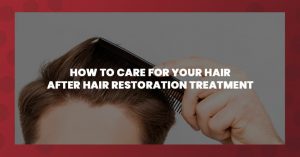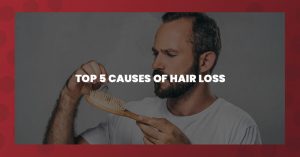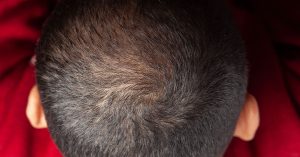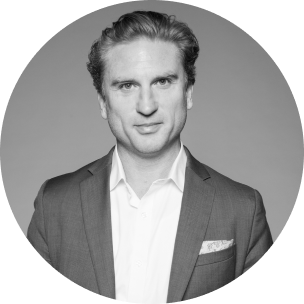One of the biggest concerns about choosing a hair restoration treatment is the amount of healing time and aftercare required. Luckily, today’s options are much more efficient and less invasive than previous methods. You no longer need to miss days of work or have to deal with a lengthy healing process.
How Long Does It Take To Recover After A Hair Transplant?
Individual recovery times vary, but there are general guidelines based on the type of procedure you and your doctor choose. In the past, most hair transplants used the follicular unit transplantation method (FUT) – where a strip of skin or scalp containing healthy follicles is transplanted onto the target area.
Healing from a FUT surgery is relatively brief, but some patients report some numbness and/or tenderness at the incision site – while others simply report some irritation with the sutures. While there are minimal restrictions after this procedure, it’s generally recommended to take it easy for up to two weeks.
At The Hair Center of Nebraska, we perform manual follicular unit extraction (FUE) and ARTAS® robotic FUE procedures that allow you to resume most of your daily activities quickly. Most patients return to their next-day follow-up appointment completely pain free. For best results we do make some recommendations for hair care while healing.
We also offer non-surgical options for stimulating hair growth like combination medical therapy, platelet-rich plasma (PRP), exosomes, and low-level laser therapy – which have no downtime at all.
How Do I Take Care Of My Hair After Transplant?
At the Hair Center of Nebraska, patients are provided with detailed guidelines as well as specific aftercare instructions that detail the do’s and don’ts of the immediate post-op days and weeks as well as a general timeline of what to expect over the next 12 months.
Your transplanted hair and donor areas need to be treated with care for the first seven days post-procedure, and then with simple common sense and consideration for the next few weeks thereafter. The good news is, once your scalp has healed and the grafts have taken root, it becomes your hair – and you will be able to cut and style it any way you wish.
What Should You Not Do After Hair Transplant?
For best results, you should avoid certain products and processes for several months. These are general guidelines… and timelines will vary based on your provider’s directives and the time it takes for your scalp to heal.
➢ Wait at least 48 hours shower or wash your hair. We bring all our patients back the day after their procedure to perform their first hair wash and check all the transplanted grafts.
➢ Take it easy for at least a week. We advise our patients to refrain from strenuous activity for the first few days post-procedure. We understand many people depend on their exercise routines, but a hair transplant is an easy but involved procedure and feel patients should take a few well-deserved days off to care for their newly transplanted grafts.
➢ Avoid using a sauna or engage in sweat-provoking activity for at least a week.
➢ Loosely cover your hair and scalp to direct sunlight for at least two weeks.
➢ If you wear a hat, think loose instead of tight hats or other headwear until your doctor says it is okay.
➢ Wait to color or use chemical processes on your hair for at least six weeks or until your doctor says it is advisable to do so.
The Hair Center Of Nebraska Has Hair Restoration Options For You
Healing times have greatly improved for hair restoration procedures, and downtime is no longer a reason to avoid getting the head of hair you desire. If you are suffering from hair loss or hair thinning, The Hair Center of Nebraska has a solution for you. Call us today at (402) 200-3811 to discuss the solution that works with your busy life.






